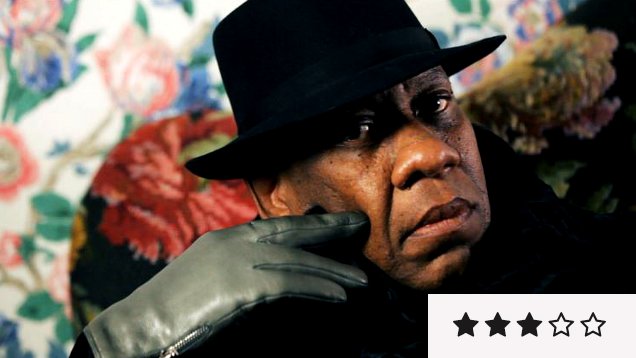The Gospel According to André review: enjoyable doco about a legendary fashionista

The first words spoken in The Gospel According to André, a documentary that explores the life of former Vogue editor and legendary fashionista André Leon Talley, come from the subject himself, overlaid onto warmly lit images of his home and garden. “I don’t live for fashion. I live for beauty and style,” Talley says, as director Kate Novack cuts between objects in his house: an old telephone, photographs, cushions with floral decoration. “Fashion is fleeting,” Talley continues. “Style remains.”
These introductory observations contextualise the film as a reflection on the transitory former versus the perennial latter. Style comes in many forms, Novack suggests, which is reflected by and in the man himself: Talley is a person who looks, sounds and even seems to think stylishly. Designer Tom Ford describes him as “one of the last of those great editors”, placing The Gospel According to André in a canon of recent films that are nostalgic about writers who were titans of the print publishing era, including Life Itself (about critic Roger Ebert), Plimpton! (about The Paris Review co-founder George Plimpton) and Voyeur (in part about veteran NYT journalist Gay Talese).
Novack begins, like many subject-approved documentaries, with gushing praise and potted summaries of the person’s career and legacy. There is an inference that the audience knows who Talley is, or has some understanding of his achievements, which of course isn’t necessarily true – particularly in Australia. The details of his personal journey come out with time, painting a picture of a person whose life experiences make him broadly interesting, and whose loquacious, many-sided personality is undoubtedly good talent for the filmmaker.
It drips with the kind of running commentary one expects from a veteran pundit whose most valuable commodity has always been his words.
The film’s key pivots include Talley’s upbringing as a gay African American man from the south and his early inclinations towards style and fashion. It drips with the kind of running commentary one expects from a veteran pundit whose most valuable commodity has always been his words. There are Talley’s big umbrella philosophies (“Fashion has to uplift the soul…it’s a moral code to dress well”) and smaller, specific observations about people and influences. Visconti, for example, put women in veils everywhere, according to Talley, because veils are “a very romantic device to convey a kind of elegance that is no longer with us.”
Novack’s deeply affectionate approach maintains little to no critical distance and does not lead to any kind of profundity, emotional or otherwise. But The Gospel According To André is enjoyably slight, edited in a lithe style that bounces between contemporary and time capsule elements. Like its endearing subject, the film is insightful in a gentle sort of way, with more than a modicum of style itself – including lovely compositions from cinematographer Bryan Sarkine.

















